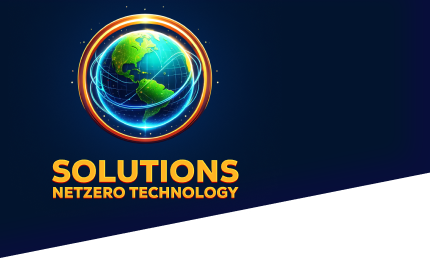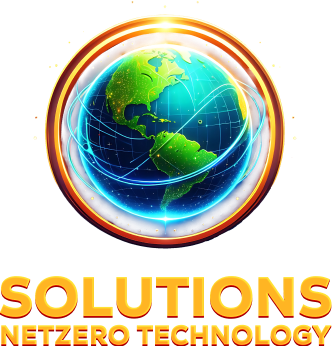The healthcare sector, known for its significant environmental footprint, is experiencing a transformative shift towards sustainability through the adoption of NetZero technology solutions. These technologies are essential in reducing emissions, minimizing waste, and promoting energy efficiency. As the industry faces growing pressure to address climate change, NetZero technologies are becoming pivotal in the healthcare sector’s mission to reduce its carbon emissions to zero by a target date.
Decarbonizing Energy Sources
One of the primary strategies in achieving NetZero in healthcare is the decarbonization of energy sources. Many hospitals and healthcare facilities are transitioning from fossil fuels to renewable energy sources such as solar, wind, and geothermal power. This shift not only reduces the reliance on carbon-intensive energy but also stabilizes energy costs against the volatility of fossil fuel markets. For example, the installation of solar panels on hospital rooftops can provide a substantial portion of a facility’s energy needs, significantly cutting down greenhouse gas emissions and operational costs.
Energy Efficiency and Smart Infrastructure
Improving energy efficiency is another critical area where NetZero technology makes a significant impact. Advanced building management systems that integrate AI and IoT (Internet of Things) technologies enable facilities to monitor and control energy use more efficiently. These systems can automatically adjust lighting, heating, and cooling based on real-time occupancy and weather conditions, dramatically reducing unnecessary energy consumption. Moreover, retrofitting older buildings with better insulation, energy-efficient windows, and LED lighting are practical steps towards minimizing a facility’s carbon footprint.
Waste Reduction and Management
Waste management is a significant challenge in healthcare, given the vast amounts of disposable and hazardous waste produced. NetZero technology contributes to innovative waste reduction strategies such as reprocessing medical devices and using biodegradable materials. Furthermore, sophisticated waste tracking systems help hospitals understand waste generation patterns and identify reduction opportunities. These measures not only aid in reducing emissions associated with waste disposal but also in cutting down the overall environmental impact of healthcare operations.
Telemedicine and Digital Health Services
The expansion of telemedicine and digital health services is a less direct, yet potent, NetZero strategy. By reducing the need for physical travel to healthcare facilities, telemedicine significantly cuts down on patient and staff transportation emissions, a major component of healthcare’s carbon footprint. Digital health tools, including AI-driven diagnostics and mobile health applications, also reduce the carbon costs associated with traditional healthcare delivery methods.
Sustainable Supply Chains
Healthcare’s supply chain is another area where NetZero technologies are making strides. By implementing supply chain management software that prioritizes sustainability, healthcare providers can choose suppliers based on their carbon footprint, encouraging a market shift towards greener products and services. Additionally, using local suppliers reduces transportation emissions, contributing further to emission reduction goals.
Challenges and Future Directions
While the potential of NetZero technologies in healthcare is immense, challenges such as high upfront costs, regulatory hurdles, and the need for technical expertise persist. Moreover, a holistic approach that includes policy support, stakeholder engagement, and continuous innovation is crucial for these technologies to achieve their full potential.
In conclusion, NetZero technology is at the forefront of emission reduction efforts in the healthcare sector. Through energy decarbonization, efficiency enhancements, waste reduction, digital health services, and sustainable supply chain management, these technologies play a pivotal role in steering healthcare towards a more sustainable and environmentally responsible future. As the sector continues to innovate and integrate these solutions, the path to NetZero becomes increasingly tangible and imperative.








